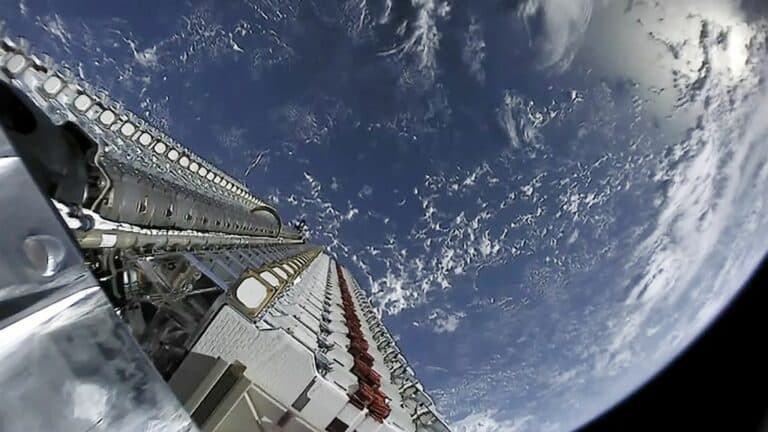SpaceX announced that its satellite internet service will soon be available for private jets, providing up to 350 Mbps per airplane for a premium price.
SpaceX, headed by Elon Musk, intends to shake up the in-flight wifi market, which has struggled to wow its consumers for many years.
SpaceX claims that its upcoming product will connect passengers as soon as they board the plane, allowing in-flight videoconference, online gaming, virtual private network usage and various other high data rate applications.
Musk has long sought to expand its satellite internet service to airplanes. SpaceX currently services ships, yachts and (mobile) homes.
How premium is the price?
The product, which will be accessible in mid-2023, is quite expensive. Then again, so are private planes.
First, SpaceX will require a $5,000 deposit as a down payment. Customers will then need to shell out $150,000 per plane for the gear required to connect to Starlink. Afterwards, the plane’s owner will pay a monthly connection charge ranging from $12,500 to $25,000.
SpaceX claims that configuring the system is straightforward. Customers receive a Starlink Aviation Kit, which includes the ‘Aero Terminal’, power supply, two wireless access points and wiring harnesses.
SpaceX noted that it still misses several of the Federal Aviation Administration permits required to start airplane operations.
SpaceX Starlink Aviation for private jets
The product will be a significant change for folks who are accustomed to present in-flight connections. Wifi on commercial airplanes generally provides around 10 Mbps, which is insufficient for various tasks. Satellite wifi is much faster. SpaceX claims its service will provide peak speeds of 350 Mbps.
Starlink Aviation will offer global coverage made possible by low-Earth orbit (LEO) satellites, according to the company’s website. LEO satellites are relatively close to the earth, offering a robust signal at higher elevations and polar areas — a stark contrast to geostationary satellites.
Tip: Amazon to launch first Kuiper internet satellites in early 2023



















